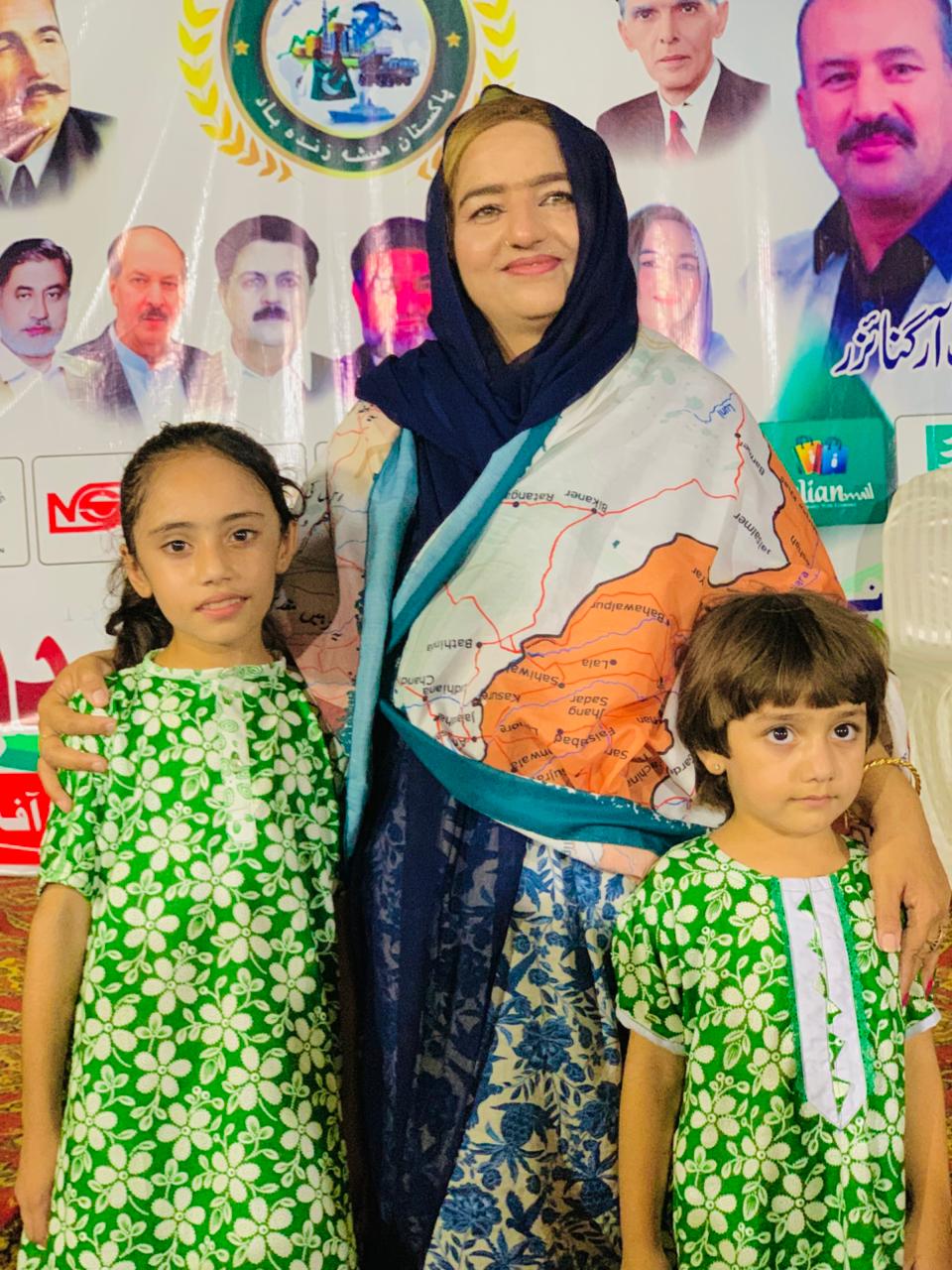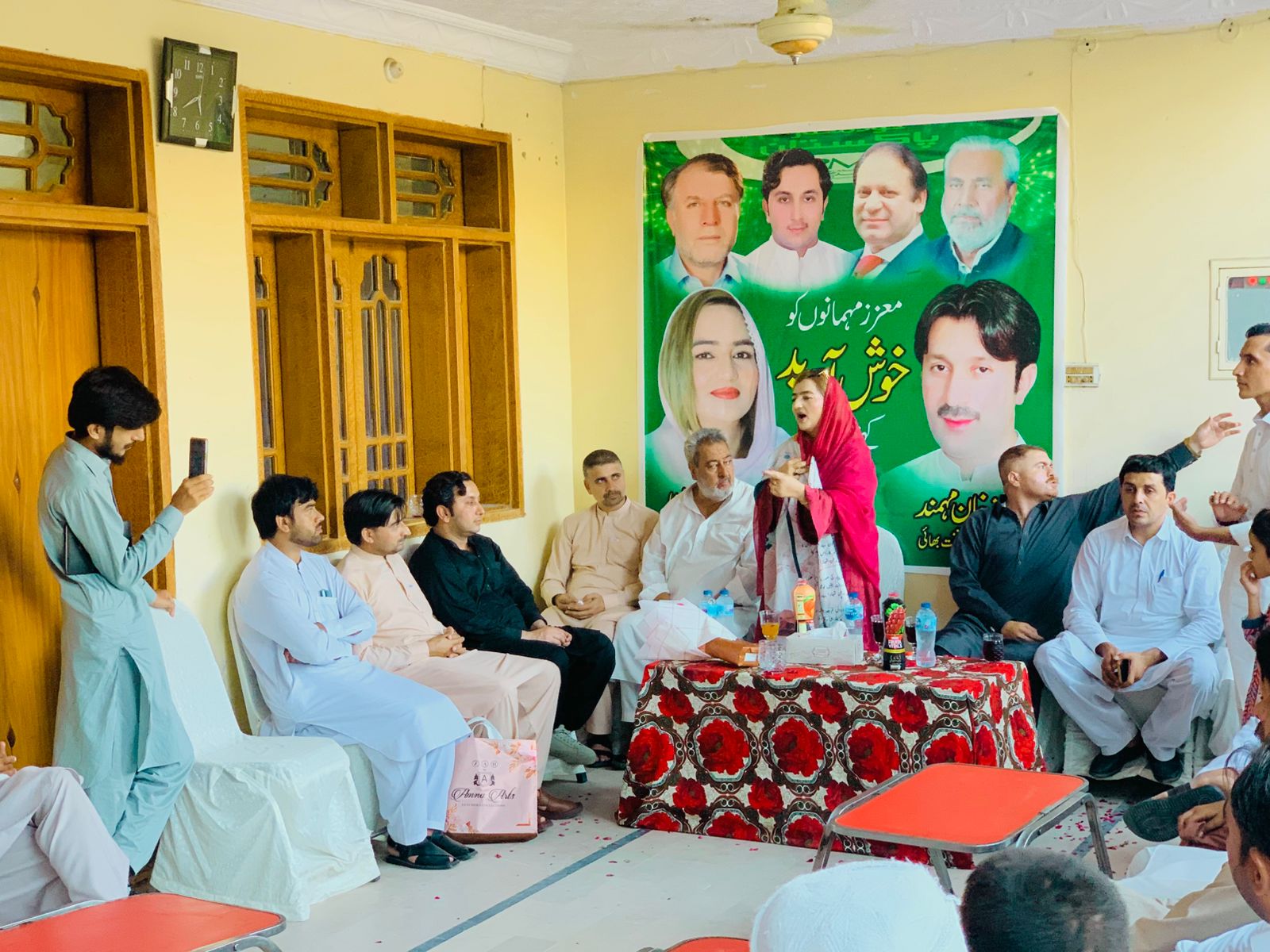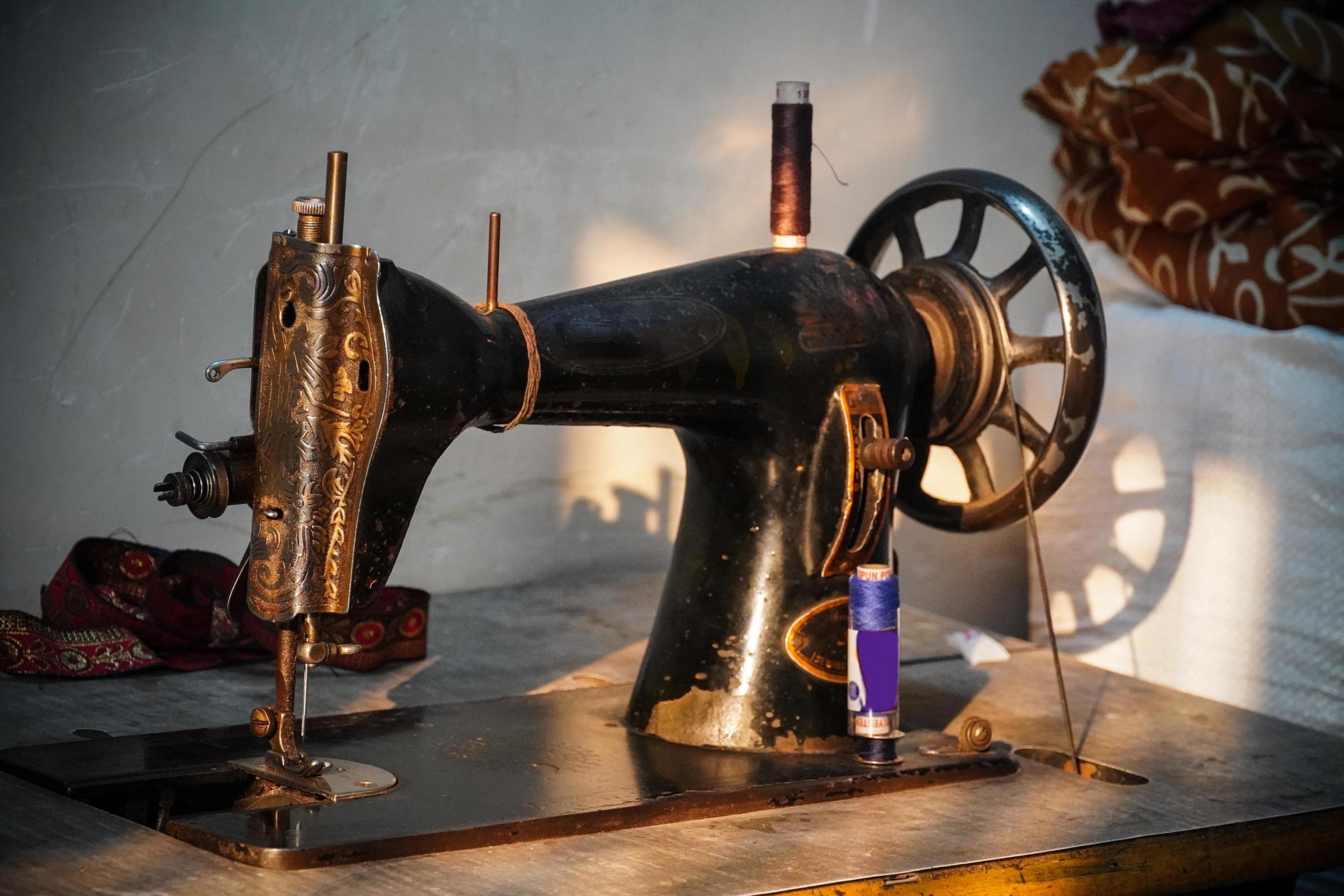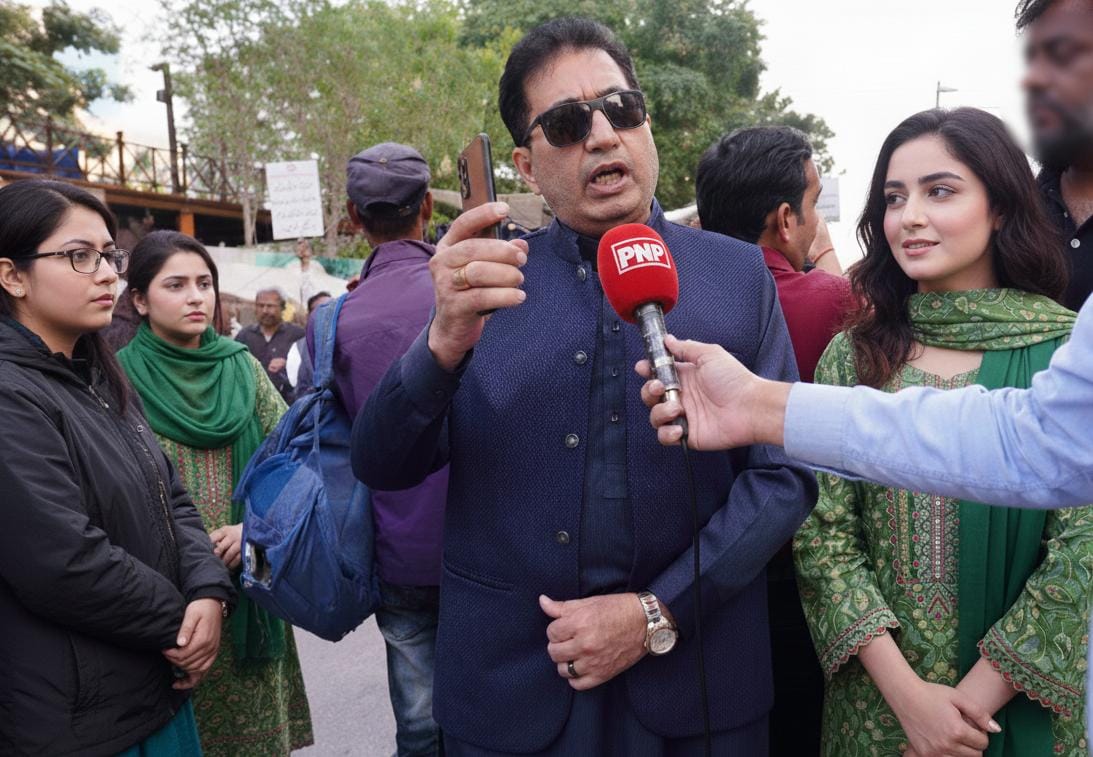In a province where political discourse has long been dominated by men, MPA Shazia Jadoon stands as a refreshing voice of determination, intellect, and empathy. Representing Pakistan Muslim League (N) on a reserved seat for women (WR-16), her induction into the Khyber Pakhtunkhwa Assembly in July 2025 reflects her party’s vision to enhance women’s representation and strengthen its foothold in the province.
Her journey — from community service in Haripur to provincial legislation — illustrates the evolving role of women in Pakistani politics and the growing importance of gender-balanced leadership at every level of governance.
🟢 Interview: Shazia Jadoon on Women’s Empowerment, Politics, and Public Service
Q: Congratulations on joining the KP Assembly. How do you view your role as a woman legislator from PML-N?
Shazia Jadoon:
Thank you. My role is both a responsibility and an opportunity. It’s not just about being in the Assembly — it’s about representing those whose voices often go unheard. PML-N has shown through my nomination that it values women’s perspectives in policymaking. Women bring compassion, practicality, and sincerity into politics, and I intend to use these strengths to make real contributions to my province.
Q: Tell us about your background and your journey into politics.
Shazia Jadoon:
I hail from Haripur, in the Hazara region, where PML-N has a strong organizational base. I hold a Bachelor of Education (B.Ed) degree, and I’ve always been passionate about education, public health, and women’s welfare. Before becoming an MPA, I worked actively with local government institutions and women’s organizations. Those years shaped my understanding of how grassroots communities function — and how much they need consistent, honest representation.
Q: Reserved seats are often criticized as symbolic. Do you think they offer real political influence?
Shazia Jadoon:
Actually, reserved seats were constitutionally introduced to improve women’s representation — and they’ve done exactly that. What matters is how you use that opportunity. If women on reserved seats work actively — submitting motions, asking questions, engaging with their constituencies — they become genuine legislators. I want to be one of those women who prove that representation can be both symbolic and effective.
Q: What issues have you been most vocal about in the Assembly?
Shazia Jadoon:
I’ve raised several issues, but education and healthcare remain my top priorities. I questioned the lack of staff and inadequate facilities at the Haripur Trauma Center, a critical concern for my community. I’ve also spoken about improving girls’ schools, recruiting female teachers, and enhancing educational infrastructure in rural KP. To me, education is the foundation of empowerment — and healthcare is the backbone of human dignity.
Q: What specific initiatives are you focusing on to empower women in your region?
Shazia Jadoon:
I am focusing on three key fronts:
-
Education: Strengthening girls’ schools and technical training institutes for women.
-
Health: Advocating for women-only healthcare units and better maternal health services.
-
Economic Empowerment: Supporting microfinance and small business initiatives for rural women, so they can become financially independent.
True empowerment starts when women can make decisions about their own lives — economically, socially, and politically.
Q: What challenges have you faced as a woman in KP’s political structure?

Shazia Jadoon:
In the beginning, skepticism was natural. People weren’t used to seeing women in leadership roles here. But consistent engagement and public visibility have changed that perception. The other challenge is maintaining balance — because members on reserved seats operate under party discipline, our autonomy can be limited. Still, I believe consistent, visible work helps one earn recognition and influence even within structured systems.
Q: How do you view PML-N’s efforts to strengthen its position in Khyber Pakhtunkhwa?
Shazia Jadoon:
The Hazara region, especially Haripur, has always been loyal to PML-N. Now, our leadership is focusing on building stronger connections throughout KP. By bringing female representatives like me to the forefront, the party is sending a clear message — that it values inclusion and diversity in leadership. PML-N is evolving into a truly national party that represents every province and gender equally.
Q: Critics say provincial assemblies often ignore local issues. How do you ensure your constituency’s concerns are addressed?
Shazia Jadoon:
That’s something I take very seriously. I regularly meet civil society members, NGOs, and local leaders from Haripur to collect feedback. I then raise those concerns directly in the Assembly through questions and motions. For example, I proposed the creation of district-level development committees that include women representatives, so planning reflects community realities. Representation means listening — not just speaking.
Q: What message would you give to young women who want to enter politics?
Shazia Jadoon:
Don’t wait for someone to invite you — step forward yourself. Begin with volunteering, student politics, or community service. Politics isn’t just about power; it’s about service. If you’re sincere and committed, you’ll be noticed. And remember, courage is contagious — when one woman steps up, others find the confidence to follow.
🟩 The Broader Perspective: Women Redefining KP Politics

Shazia Jadoon’s journey is symbolic of a larger transformation. In Khyber Pakhtunkhwa — where traditional social norms often limit women’s participation — her presence in the Assembly represents courage and change. She combines education, empathy, and activism, proving that modern politics is no longer confined to rhetoric but rooted in public service and accountability.
While reserved seats are sometimes criticized, Shazia’s active legislative record shows how meaningful representation can drive real change. Her work on education reforms, healthcare improvements, and economic empowerment reflects a results-oriented approach to governance. For Pakistan Muslim League (N), leaders like Shazia Jadoon demonstrate the party’s evolving commitment — moving beyond traditional boundaries to promote inclusive, women-led leadership across Pakistan.
As her political career unfolds, Shazia Jadoon continues to embody the essence of public service: bridging the gap between people and policy, between emotion and action. Her success will depend not only on how she navigates challenges, but also on how she turns her passion for service into concrete legislative outcomes.
If she continues on this path, Shazia Jadoon could very well become one of the defining voices of a new era of women’s parliamentary leadership in Pakistan.
Iqra Liaquat is a journalist and political researcher focusing on gender, governance, and democratic representation in Pakistan. Her work highlights emerging female voices in politics and their role in shaping a more inclusive future for the country.



